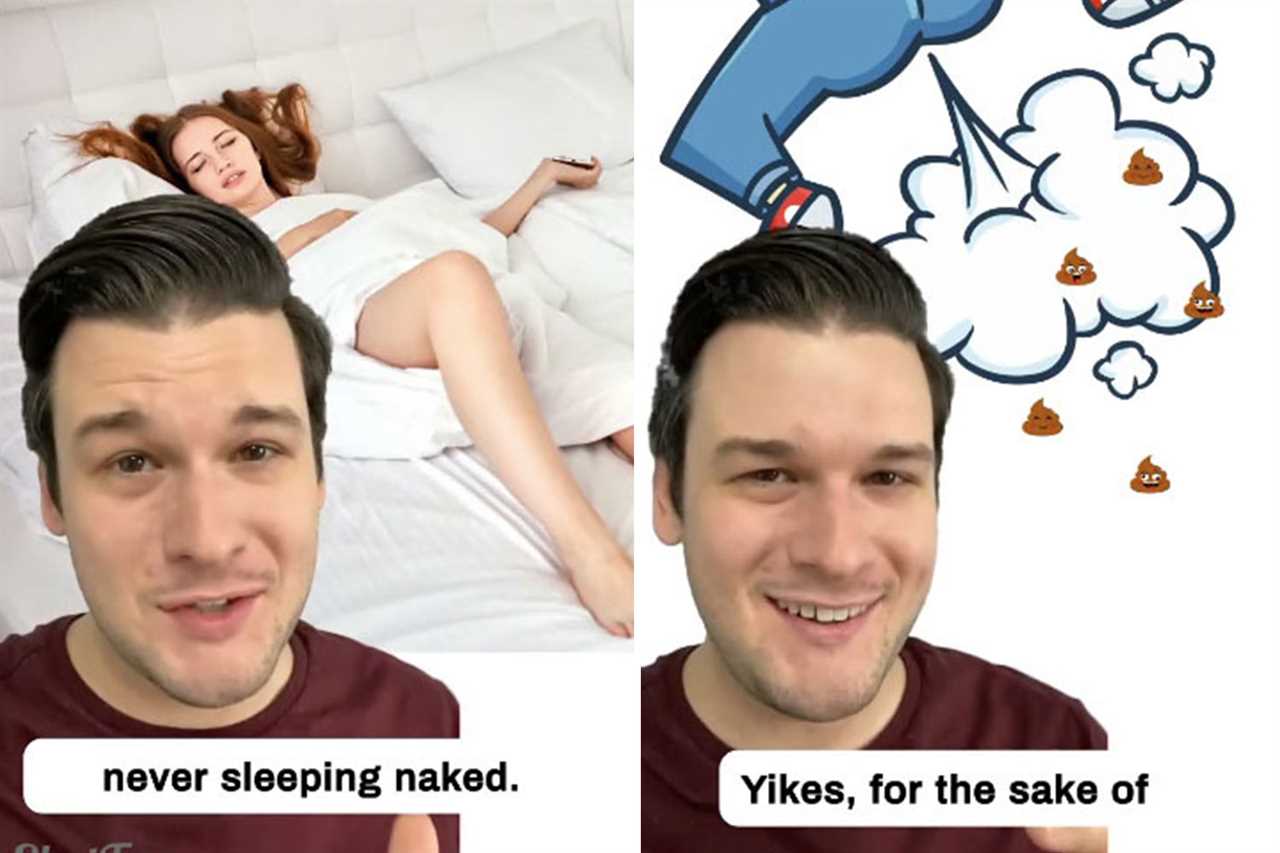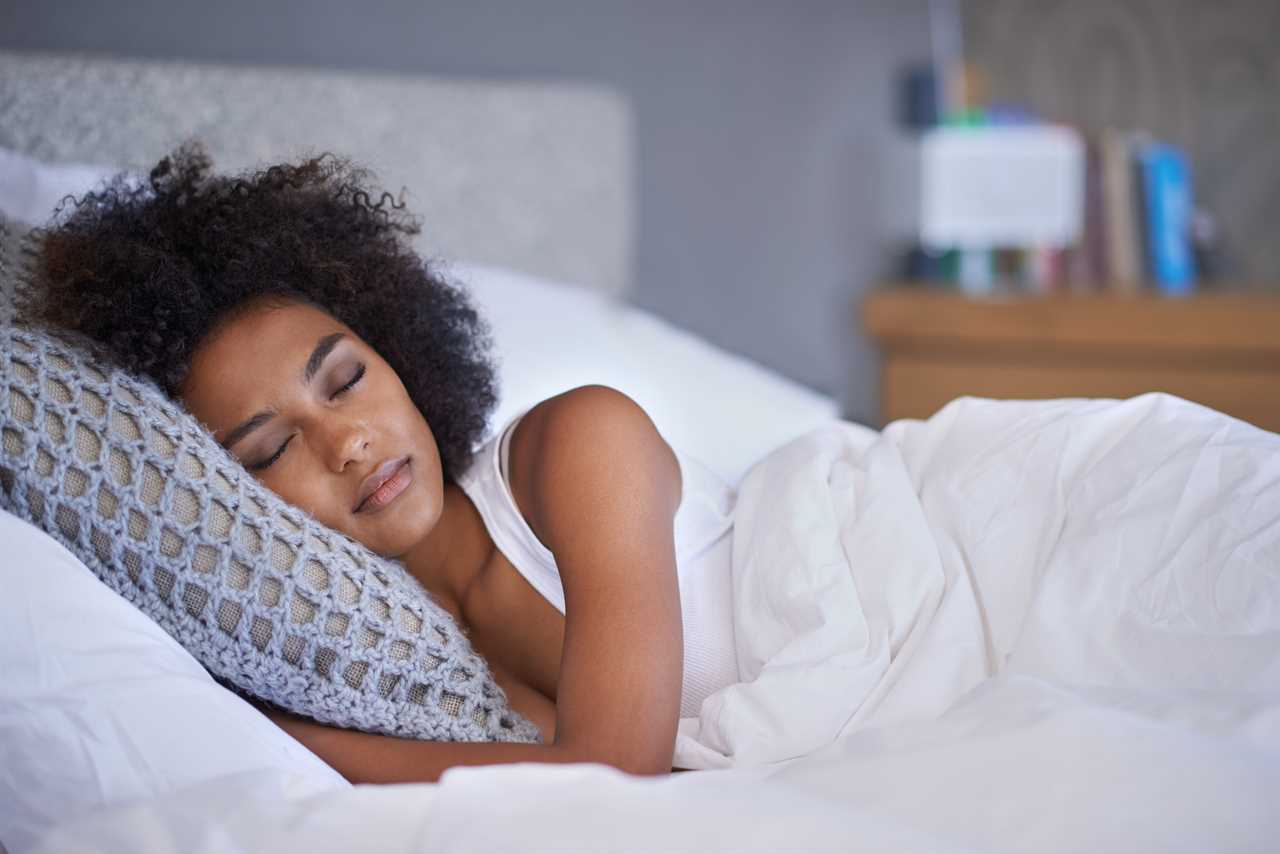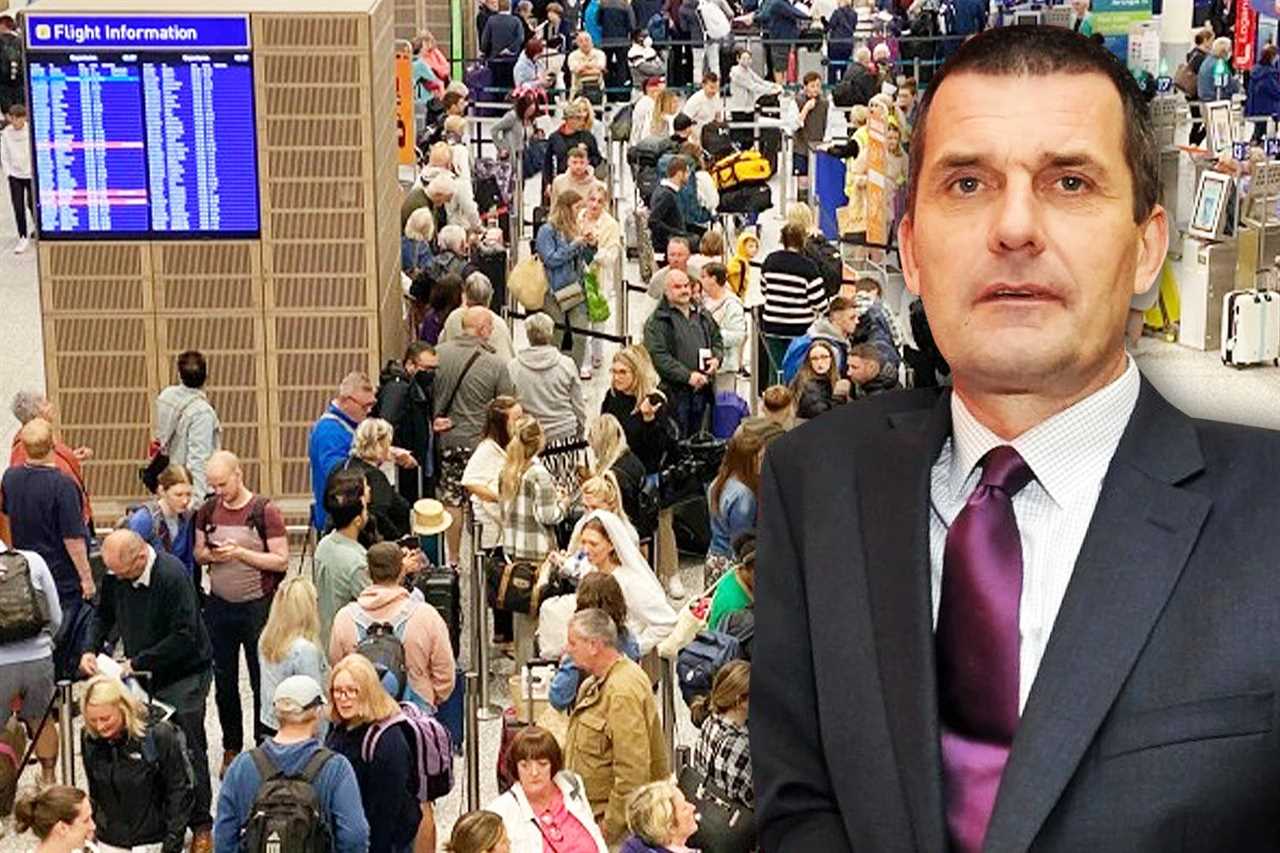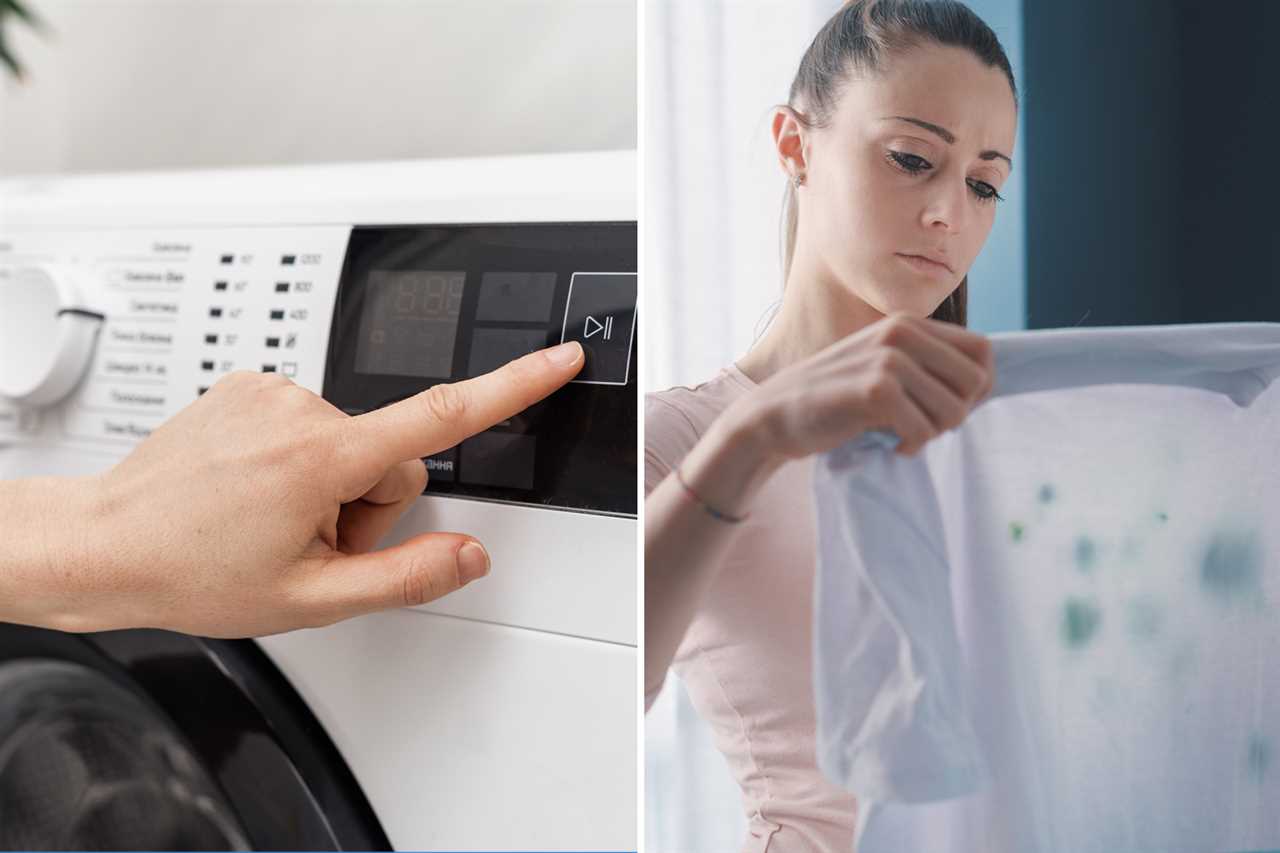THE Queen’s Platinum Jubilee is in full swing – with Brits being granted a four day weekend.
But if you’re making the most of celebrations, then you might notice your sleep has been impacted.
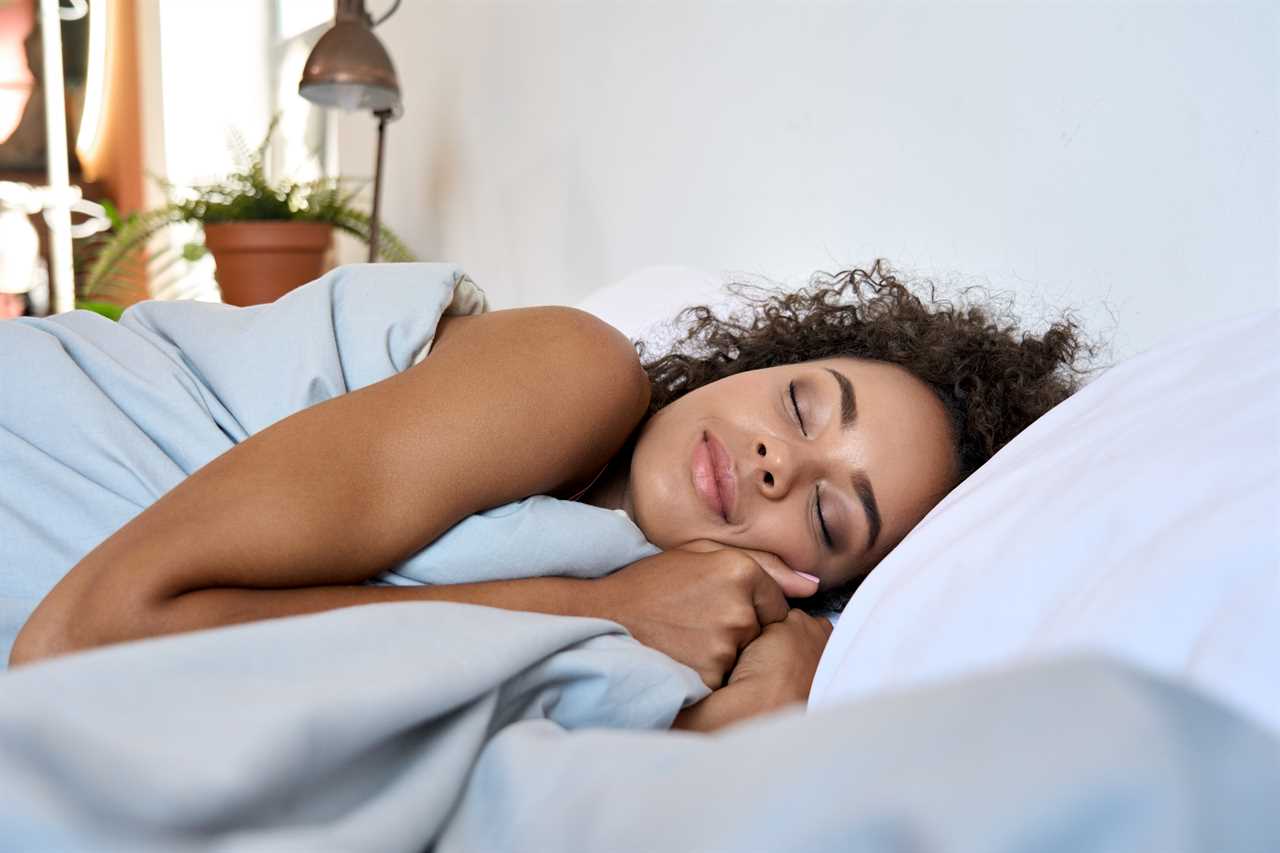
This can happen when we aren’t in our usual routine, making us feel tired and groggy.
Getting enough snooze is important as it helps us to feel rejuvinated.
As we all continue to attend garden parties and barbecues this weekend, one expert has said that this change of pace could throw your slumber schedule off kilter.
Speaking to The Celeb Report Theresa Schnorbach, sleep scientist at Emma – The Sleep Company, revealed the four ways the festivities could impact you.
Read more on sleep
1. Day drinking
Celebrations are often accompanied by a glass (or more) of alcohol, but the relationship between sleep and alcohol is a complex one, Theresa said.
She explained that a depressant by nature, alcohol can act as a sedative, reducing the time needed to fall asleep.
“However, alcohol has also been found to adversely affect sleep patterns and particularly REM sleep (the stage of your sleep cycle that usually begins about 90 minutes into sleep).
“This means that, while you’ll fall into a deep stage of sleep easily, you’ll get less of the earlier, restorative stages of sleep.
“The imbalance this causes in the natural cycle of your sleep stages means you’re likely to find yourself waking in the night and struggling to get back to sleep. “
The guru said that the amount of time needed for your body to sleep off alcohol can vary depending on your body and the volume consumed.
“If you’re drinking throughout the day, I would recommend alternating between alcohol and water and stopping a good few hours before you head to bed,” she added.
2. Food comas
With BBQs and cakes aplenty, it’s likely that we’ll be indulging ourselves over the bank holiday weekend.
Theresa said that this means you could possibly fall into the sort of ‘food coma’ that we usually reserve for Christmas.
The sleep scientist said that this overeating causes a spike in glucose that can leave us feeling sleepy – but is actually likely to lead to less restorative sleep and more nighttime awakenings.
“To help combat sleep issues, avoid eating for at least 2-3 hours, as it will allow your body time to digest properly.
“Research suggests that a traditional Mediterranean diet rich in fruits, vegetables, nuts, legumes, whole grains, and seeds, could help send you off to dreamland.
“For a better night’s sleep, you can also swap out the red meat and processed food associated with BBQ season for omega-3-rich fish and vegetables.
“These are less likely to cause nocturnal disturbances as our bodies don’t have to work so hard to digest them all,” she said.
3. Later nights
With the additional days off work that many Brits will be enjoying, there is the temptation to stray from your regular sleep pattern.
But Theresa said that when we maintain a regular sleep schedule our bodies “learn” when to produce the right hormone and neurotransmitters at the right times to prepare you to rest and then keep you alert during the day.
She highlighted that both your physical and mental health can be damaged by the “sleep debt” caused by multiple late nights.
“When we lack sleep we make it harder for our brain to absorb and process information and are likely to suffer from negative mood changes.
“If you’ve had one late night and your body is craving some rest, a small power nap will do you good, however, I would encourage you to largely try to stick to your regular sleep pattern to avoid sleep deprivation,” she said.
4. Noise
It’s more than likely that many people will want to continue to party into the night with the murmur of celebrations possibly disturbing those looking to get some earlier rest.
Theresa suggested that one way to combat this is by playing white or pink noise.
Read More on The Celeb Report
She said: “The more widely known, white noise (similar to that you might associate with static) is produced when every frequency the human ear can hear is played at the same amplitude.
“Pink noise is similar but has deeper sounds and lower waves. Pink noise has been found to help brain activity decrease, in turn helping you to fall asleep, and both pink and white noise can help in relaxing our brains ready for rest and combat the external noise pollution.”

